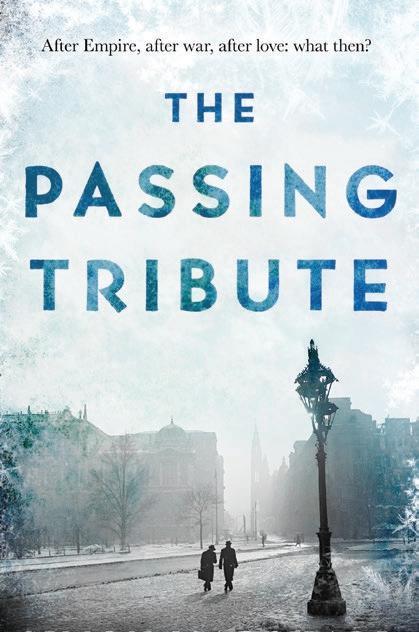From the Archives Elizabeth Wells
School Archivist
Revolutionary Westminster “One of the hardest things for boys to learn is that a teacher is human. One of the hardest things for a teacher to learn is not to try and tell them.” Alan Bennett
have recently had cause to study the papers of John Smith, which were identified amongst the Spencer Stanhope Manuscripts in Yorkshire in the 1940s. His diaries throw light on late 18th century Westminster: the wine-sodden lives of teachers (and pupils!), the paths open to an illegitimate son, and a school rocking in the waves of the recent French Revolution. Smith was a pupil from 1777, later admitted as a King’s Scholar in 1780, aged 13, and went on to become Captain of the School. In 1788, after a sojourn at Trinity College, Cambridge, he returned to Westminster to work as an usher. Ushers have been described as ‘castrated housemasters’. Their primary role was teacher of a form within the school, but many supplemented this work with pastoral duties within boarding houses in which they were accommodated. At this point the boarding houses were independent entities, generally run by women, known as ‘dames’. Ushers were expected to help control the behaviour of the boarders and serve as an intermediary between school and house. When Smith first returned to Westminster it was to teach the First and Petty forms. After nine months, Smith managed to acquire a role in Severne’s boarding house. Over the following fourteen years through ambition and careful self-promotion, he climbed the ladder. He ended his Westminster career as teacher of the
42
The Elizabethan Newsletter
Third, the largest form in the school, and House Usher at Clapham’s, one of the biggest boarding houses. Smith’s advancement was dependent on the Head Master, Dr Vincent’s, patronage, and his diaries show a jealous awareness of his fellow ushers. Members of the gig economy will sympathise with Smith’s precarious existence. Whilst he received two payments directly from the school: an annual salary of 20 guineas and an allowance of £20 for his board, a large proportion of his income was drawn directly from his pupils. He received ten guineas a year from pupils who were his private tutees (and in some cases double this amount, when the pupil was from an affluent family). He appears to have received a guinea from each boy allocated to his form and from those assigned to his house. There was a second guinea from both at Christmas and occasional gratuities from parents. Smith also made money by correcting proofs of a Latin grammar for Ginger, the school’s bookseller. Smith’s preoccupation with his income was not purely mercenary: he had a dependant in the form of his mother, Mary, whom he visited weekly and supported financially. Smith stated that his father was ‘John Smith of London’ when he was elected to College, but his diaries, and Smith’s papers’ presence in the Spencer Stanhope Manuscripts, indicate otherwise. His real father was in fact John Spencer, of Cannon Hall, near Wakefield, Yorkshire. When
William Vincent whilst a teacher at Westminster School.












